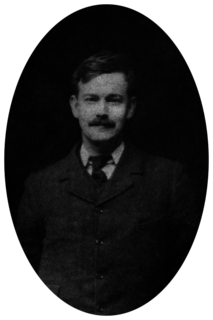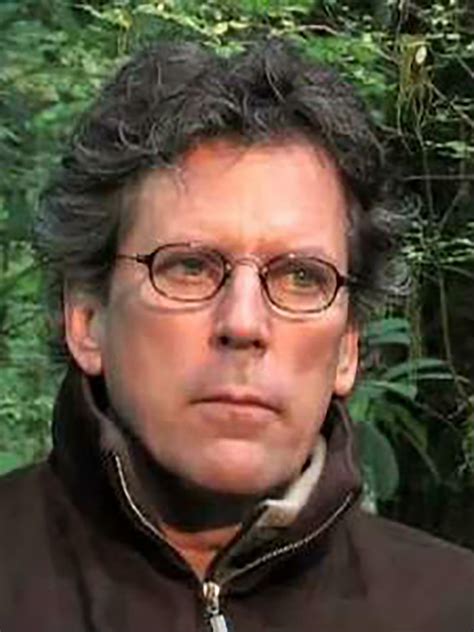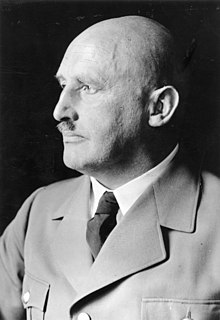A Quote by R. H. Tawney
...and was disposed too often to idealize as a virtue that habit of mean subservience to wealth and social position which, after more than half a century of political democracy, is still the characteristic and odious vice of the Englishman.
Related Quotes
If what was said in the Ethics is true, that the happy life is the life according to virtue lived without impediment, and that virtue is a mean, then the life which is in a mean, and in a mean attainable by every one, must be the best. And the same principles of virtue and vice are characteristic of cities and of constitutions; for the constitution is in a figure the life of the city.
What, after all, is the public under present conditions? What are the reasons for its eclipse? What hinders it from finding and identifying itself? By what means shall its inchoate and amorphous estate be organized into effective political action relevant to present social needs and opportunities? What has happened to the public in the century and a half since the theory of political democracy was urged with such assurance and hope?
Anyone too undisciplined, too self-righteous or too self-centered to live in the world as it is has a tendency to idealize a world which ought to be. But no matter what political or religious direction such idealists choose, their visions always share one telling characteristic: in their utopias, heavens or brave new worlds, their greatest personal weakness suddenly appears to be a strength.
That wealth and greatness are often regarded with the respect and admiration which are due only to wisdom and virtue; and that the contempt, of which vice and folly are the only proper objects, is most often unjustly bestowed upon poverty and weakness, has been the complaint of moralists in all ages.
A vice sanctioned by the general opinion is merely a vice. The evil terminates in itself. A vice condemned by the general opinion produces a pernicious effect on the whole character. The former is a local malady; the latter, constitutional taint. When the reputation of the offender is lost, he too often flings the remainder of his virtue after it in despair.
In the words of Louis Brandeis, the Supreme Court justice, we have a choice between a democracy or vast concentrations of wealth. We have vast concentrations of wealth which has bought its way into our democracy with its political leaders who exemplify the merger of that economic and political elite.
If then, as we say, good craftsmen look to the mean as they work, and if virtue, like nature, is more accurate and better than any form of art, it will follow that virtue has the quality of hitting the mean. I refer to moral virtue [not intellectual], for this is concerned with emotions and actions, in which one can have excess or deficiency or a due mean.
Given that the nineteenth century was the century of Socialism, of Liberalism, and of Democracy, it does not necessarily follow that the twentieth century must also be a century of Socialism, Liberalism and Democracy: political doctrines pass, but humanity remains, and it may rather be expected that this will be a century of authority ... a century of Fascism. For if the nineteenth century was a century of individualism it may be expected that this will be the century of collectivism and hence the century of the State.
[This approach] displays the characteristic philosophical lust to vanquish the skeptic by arguing him out of his skepticism, without appeal to moral and political considerations or to the facts of everyday life. [...] But more often than not, if you give the skeptic everything he wants, then he will be successful in repulsing your attacks and terrorizing your position.
































